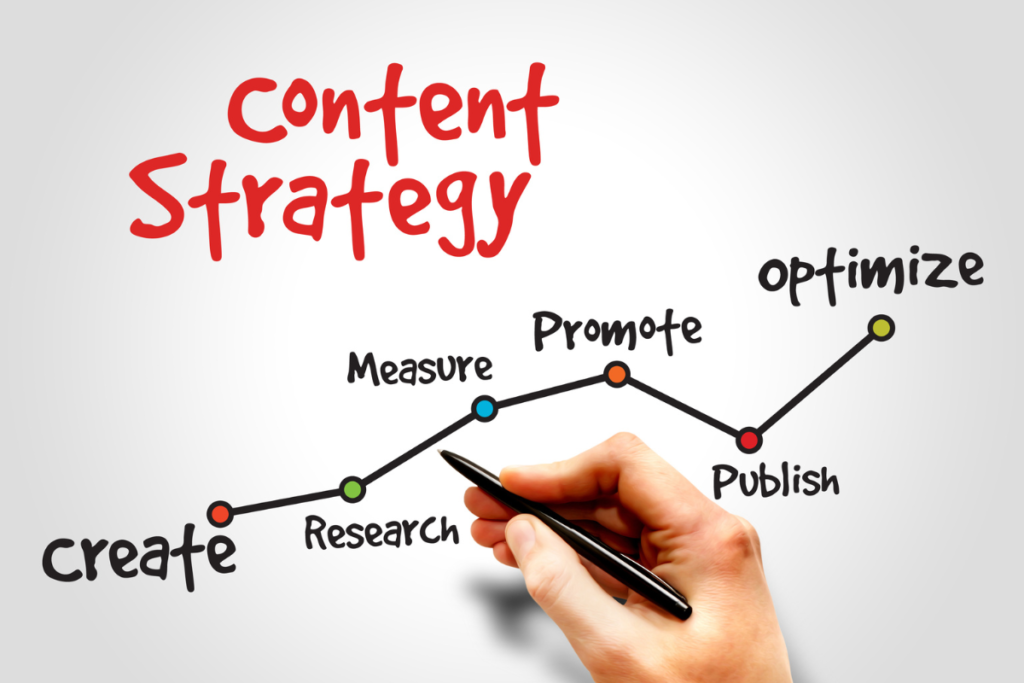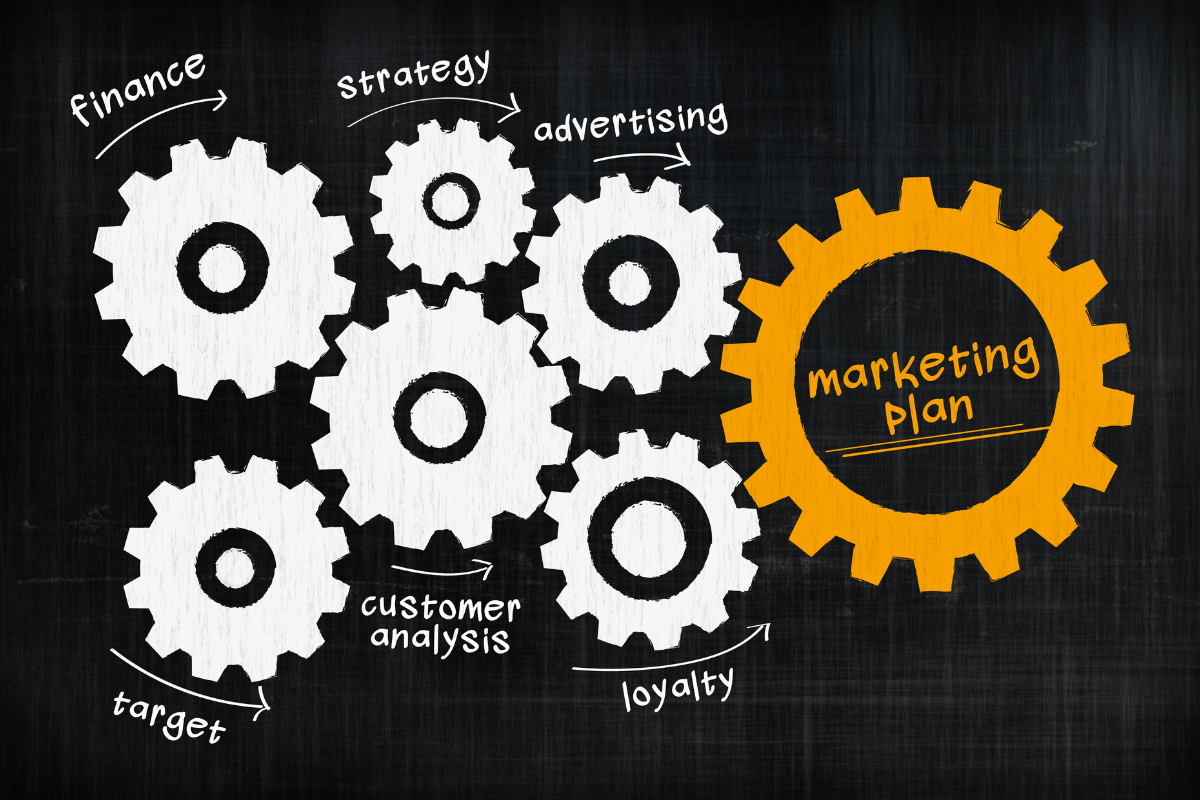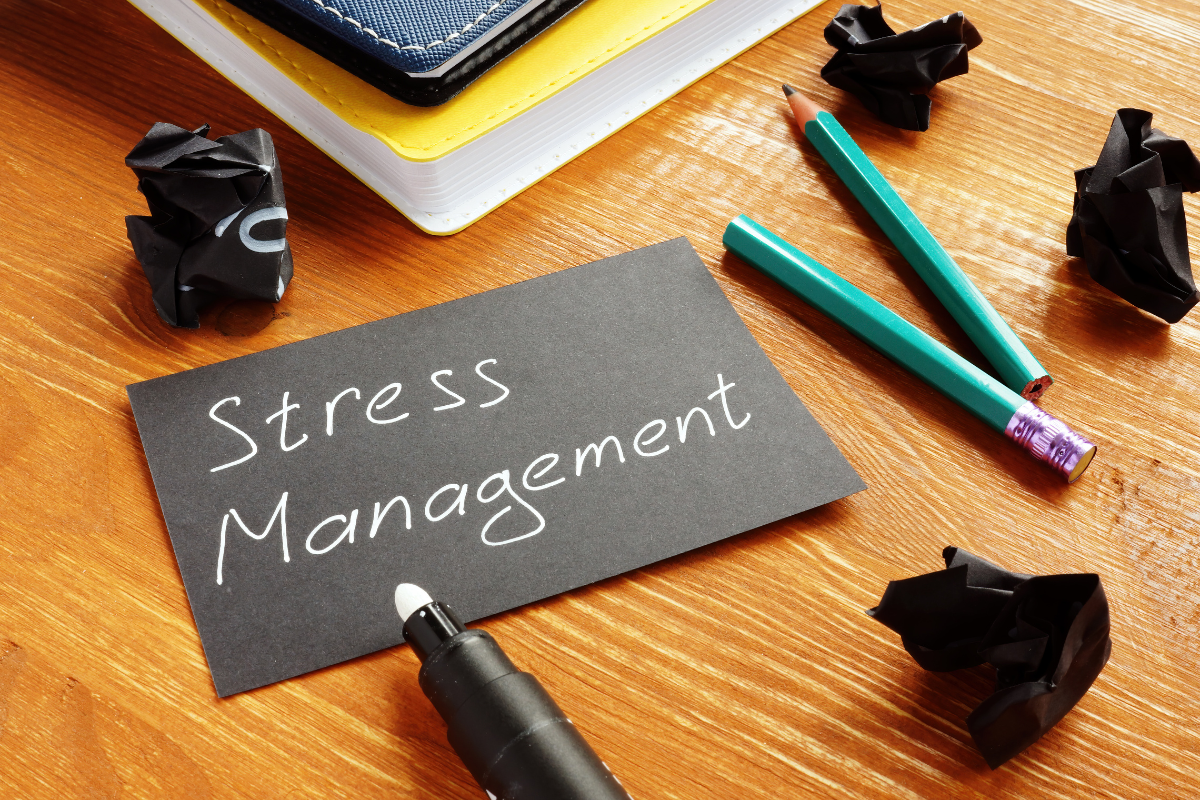When it comes to growing your business, one of the most critical decisions you’ll face is choosing between paid ads and organic marketing. Both strategies offer distinct advantages. Understanding which is right for your business can make a huge difference in how you allocate your time, resources, and budget. In this article, we’ll break down the pros and cons of each to help you decide which marketing approach aligns best with your business goals.
Paid Ads: Quick Results and Laser Focused Targeting
Paid advertising refers to any type of marketing strategy where you pay to have your ads displayed on search engines, social media platforms, websites, or other digital channels. Whether it’s Google Ads, Facebook Ads, or LinkedIn Ads, paid ads are designed to drive immediate traffic to your website or landing page.
Pros of Paid Ads:
1. Immediate Visibility
One of the most significant benefits of paid advertising is that it provides instant visibility. When you launch a paid ad campaign, your brand can appear at the top of search results or social media feeds within minutes. This immediate exposure is ideal if you need to get in front of your audience quickly and generate leads fast. Whether you’re promoting a new product or service, or launching a special offer, paid ads give you the platform to get noticed.
2. Targeted Audience
Paid ads offer advanced targeting options that allow you to reach specific segments of your audience based on criteria like location, age, interests, income, and even online behavior. For instance, Facebook and Google allow you to target users based on their past interactions with similar products or services, or even their online searches. This precision targeting ensures that you’re reaching the people most likely to be interested in your offers, maximizing the return on your investment.
3. Fast Results
With paid ads, you can see immediate results. As soon as your campaign starts running, you can drive a surge of traffic, leads, or sales. This is especially beneficial for businesses that need quick outcomes, such as seasonal promotions, product launches, or special campaigns.
Cons of Paid Ads:
1. Ongoing Investment
While paid ads can bring immediate results, they come at a cost. Once you stop paying for the ads, the traffic and leads stop coming as well. Essentially, paid ads are like renting visibility rather than owning it. This means that you need to continue investing money over time to maintain the results, which can be challenging for businesses with limited budgets or unpredictable cash flow.
2. Steep Learning Curve
Crafting an effective paid ad campaign can be complex and time-consuming. It involves understanding the nuances of your audience, choosing the right platforms, designing compelling ads, and continually optimizing campaigns to ensure the best performance. Without professional guidance or experience, it may take time to learn the ropes; you could end up wasting your budget on poorly performing ads.

Organic Marketing: Sustainable Growth Over Time
Organic marketing refers to the long-term strategies used to build your brand’s online presence through non-paid methods, including search engine optimization (SEO), content marketing, and social media engagement. Organic marketing doesn’t require you to pay for visibility or clicks, but it does require time, effort, and consistency.
Pros of Organic Marketing:
1. Long-Term Value
One of the biggest benefits of organic marketing is its ability to create long-term value. SEO-optimized blog posts, social media posts, and other evergreen content can continue to bring in traffic for months or even years after they are published. For example, a well-written blog post on a topic your audience cares about can keep ranking high in search results and attract visitors consistently over time. Unlike paid ads, which stop generating traffic as soon as you halt payment, organic content works for you around the clock.
2. Builds Trust and Authority
Organic marketing focuses on providing valuable, authentic content to your audience. Whether it’s through informative blog posts, social media engagement, or customer testimonials, sharing helpful, high-quality content builds trust with your audience. Over time, this positions your brand as an authority in your industry, which can lead to more loyal customers and referrals. Trust is essential in any business. Organic marketing allows you to build this connection without the hard sell.
3. Cost-Effective
While organic marketing requires time and effort, it doesn’t come with the same financial investment as paid ads. You don’t have to pay for every click or impression. Instead, you invest in creating valuable content and optimizing it for search engines or social platforms. This makes organic marketing an ideal choice for businesses with smaller budgets or those looking to build a sustainable long-term presence without constantly paying for visibility.
Cons of Organic Marketing:
1. Slower Growth
Unlike paid ads, organic marketing doesn’t offer instant results. Building a strong organic presence takes time, especially when it comes to SEO and content marketing. It can take several months or even longer to see meaningful traffic or engagement from your efforts. If your business needs fast results, organic marketing may not be the right solution in the short term.
2. Constant Effort Required
Organic marketing is not a set-it-and-forget-it strategy. To maintain momentum and relevance, you need to continually produce fresh, high-quality content, update your SEO strategies, and stay active on social media. This ongoing effort can be time-consuming, and without consistent engagement, your organic growth may plateau.
Bottom Line: Choosing the Right Strategy for Your Business
Both paid ads and organic marketing have their advantages; the right choice depends on your business goals, timeline, and resources.
Paid Ads: Ideal for Immediate Results and Targeted Traffic
If your business needs quick results, paid ads are a powerful tool. They are perfect for generating immediate visibility, driving traffic, and reaching specific audience segments quickly. However, keep in mind that paid ads require ongoing investment, and creating effective campaigns can take time to master.
Organic Marketing: Perfect for Long-Term, Sustainable Growth
Organic marketing is best for businesses looking to establish a long-term online presence. While it takes time to build and maintain, it offers valuable benefits like sustained traffic, brand authority, and cost-effectiveness. If you can commit to producing consistent, quality content and focus on building trust, organic marketing can pay off in the long run.
In many cases, the best strategy is a combination of both paid ads and organic marketing. Using paid ads for quick visibility while building up an organic marketing strategy for long-term growth can help you achieve a balanced and sustainable approach to online marketing.
The final choice between paid ads and organic marketing comes down to your business goals, resources, and timeline. Understanding the strengths and weaknesses of each will help you make a more informed decision, allowing you to invest your time and money in a way that drives the best results for your business.







